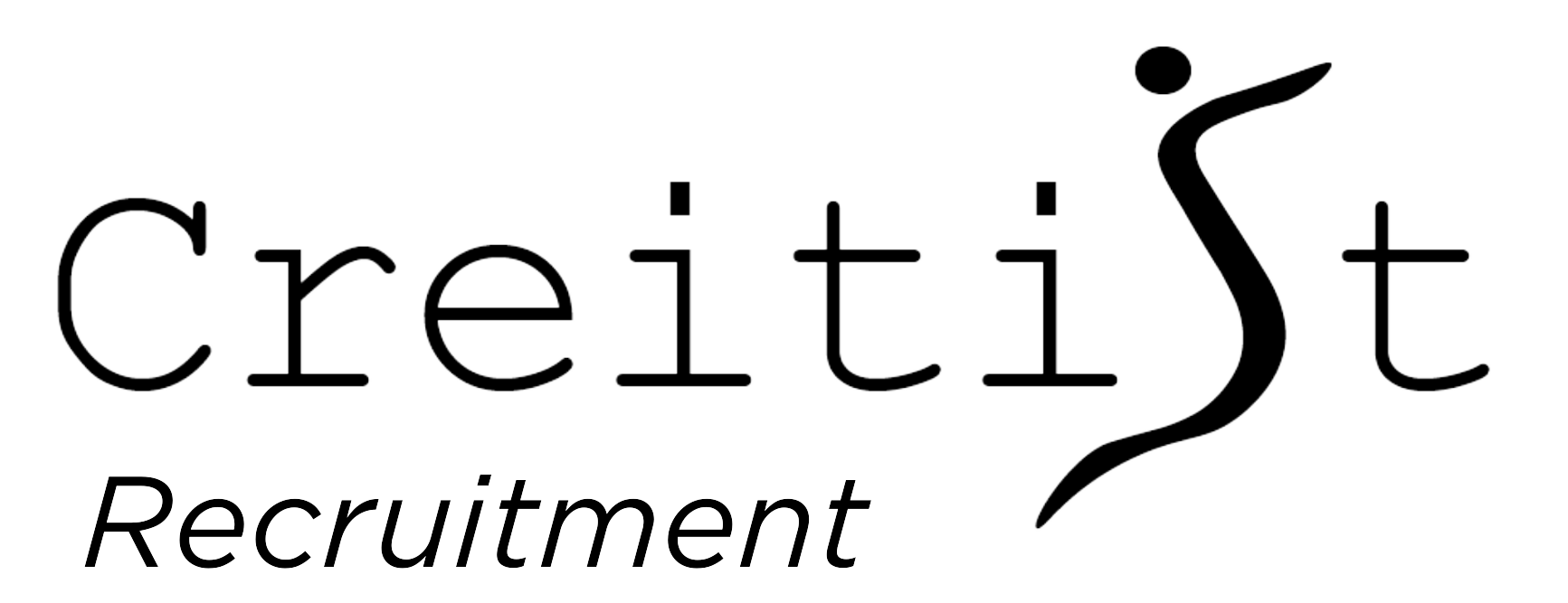The process of applying for a job is familiar to almost everyone. You send your CV and cover letter to the company and wait for a response. But what to do if there is no response or if the response is “Thank you for applying, unfortunately, you were not selected this time”?
As of the beginning of September, there are nearly 50,000 registered unemployed individuals in the Estonian labor market (Estonian Unemployment Insurance Fund, 2023). Compared to the same period last year (just over 44,000 people), this year’s numbers are significantly higher. In addition, there are passive job seekers in the labor market who are currently employed and not actively seeking work but are considering changing jobs if something interesting comes along.
Whether the applicant is a passive or active job seeker, one thing is certain: job application processes have evolved over time, and both employers and job seekers must adapt to new circumstances.
The current job seeker is in a position where they must constantly upgrade their skills to remain competitive. At the same time, companies are trying to attract talent using various methods and approaches – old strategies no longer work, and a long list of job responsibilities no longer appeals to anyone. Finding a reliable, skilled, motivated employee is as challenging for a company as finding a job is for a job seeker.
Job seekers go through various interview rounds, homework phases, and are often asked to take aptitude tests. Recruitment processes are therefore becoming longer, and it is often questioned why employers and job seekers cannot find each other in a simpler and faster way.
To better understand each other and avoid disappointments, both job seekers and employers can do the necessary groundwork. Below are recommendations from a career specialist for job seekers and hiring company leaders to make mutual understanding quicker and more effective.
In my daily work, I often see people’s concerns regarding job interviews. They don’t know how to prepare, what to talk about or not talk about, how to negotiate salaries, and raise other topics,” acknowledges a career specialist Inge-Helene Pello from the career the company Creitist. According to her assessment, candidates should not “overstudy” for job interviews, but basic knowledge and preparation should definitely be present.
She adds: “The main characteristic that always stands out to an employer is a person’s authenticity and genuine interest in the company and the specific position. The most common example is how people forget why they are sitting behind the company’s manager’s desk and start talking too much about their past experiences. In many cases, old experiences are forgotten to be connected with the new company and position, which creates the impression that the person lacks vision or desire to contribute to the new company.”
She also believes that every individual must take the time before going to an interview to understand why they are going there, what they can offer to the company, and what their expectations are from a new employer. It is also important for the hiring company’s leader to understand who they are looking for and how their company can support the new employee in their onboarding and further development activities.
Recommendations for job applicants and hiring managers
Thoughts for the Applicant:
- Clearly communicate what brings you to the company right now and what value you can offer.
- Avoid talking too much and know how to articulate your thoughts concisely. Avoid overly long sentences – it’s difficult for the listener to understand, and the main idea is often lost.
- Discuss the topic of salary. Usually, the hiring company’s leader raises it themselves, but if not, feel free to bring it up yourself.
- Positive curiosity contributes!
Recommendations for the Hiring Manager for Conducting Interviews:
- Create a comfortable and open atmosphere from the very first moment, where the candidate feels comfortable expressing themselves.
- Think about the tasks the candidate will be handling and find out if they have the necessary experiences and skills. Let the candidate provide examples and surprise them with some interesting value-based questions. This will show how well the candidate navigates between topics and what they consider important.
- Ask the candidate about their salary expectations and reflect on the company’s possibilities.
- You don’t have to plan all questions 100%, rather use a semi-structured interview style.
Read the full article here: https://perejakodu.delfi.ee/artikkel/120230768/sugiseks-toole-lihtsad-nouanded-nii-toole-kandideerijale-kui-ka-varbavale-ettevotte-juhile-kuidas-vaikeste-muudatustega-uksteist-paremini-moista

